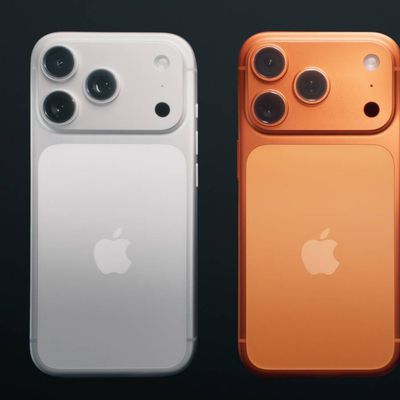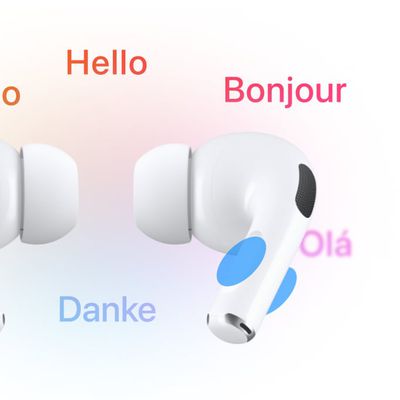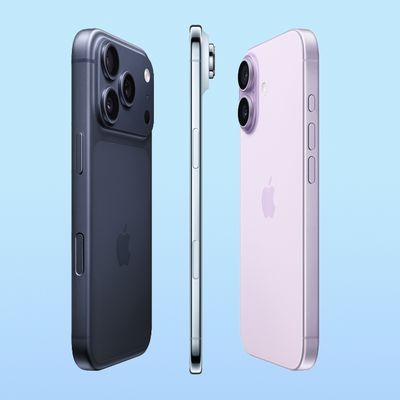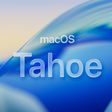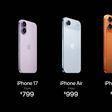macOS Big Sur 11.3 Beta Adds Support for HomePod Stereo Pairs
Apple today released the first beta of an upcoming macOS 11.3 update to developers for testing purposes, and among other features, the new software adds an option to set a pair of stereo-paired HomePods as the default sound output.
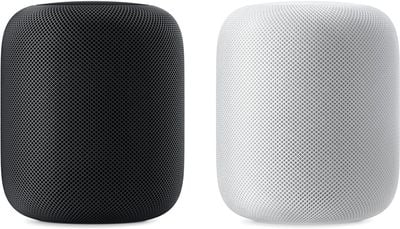
In current versions of macOS, HomePods set up as a stereo pair can be used in the Music app or for AirPlay content, but it's necessary to select them manually through the AirPlay interface.
With the macOS Big Sur 11.3 beta, a HomePod stereo pair is displayed as a single option in the sound output list rather than displaying each HomePod as separate as before. Selecting a pair of HomePods as an audio option plays audio in stereo mode by default.
Support for stereo-paired HomePods was first noticed by 9to5Mac, and the site says that the feature is not yet working consistently, so Apple still has some work to do. Using paired HomePods in this way works for music and videos in apps, but system sounds will continue to play on the built-in Mac speakers.
Stereo-paired HomePods can already be set as an audio output option on iPhone, iPad, and Apple TV, so the update brings the same functionality to the Mac. Stereo pairing is available with two HomePods or two HomePod minis, but the HomePod and HomePod mini can't be paired together.
There are several other new features in the macOS Big Sur 11.3 update, including new customization options for Safari, optimizations for using iOS apps on M1 Macs, new features for Reminders, Apple Music, and Apple News, and support for the latest console controllers. More details can be found in our macOS Big Sur 11.3 article.
Popular Stories
Apple today introduced the iPhone 17 Pro and iPhone 17 Pro Max.
Both devices feature a new aluminum unibody design, with the Ceramic Shield now protecting both the front and back sides. Apple says the front side is now Ceramic Shield 2, which offers 3x better scratch resistance, while the rear Ceramic Shield is advertised as 4x more resistant to cracks compared to the back glass on previous...
Apple continues to phase out the physical SIM card tray on iPhones, with the latest models relying solely on eSIM technology in more countries.
The new iPhone 17, iPhone 17 Pro, and iPhone 17 Pro Max support eSIMs only in these countries and regions, according to Apple:
Bahrain
Canada
Guam
Japan
Kuwait
Mexico
Oman
Qatar
Saudi Arabia
United Arab Emirates
Un...
Apple's new Live Translation feature for AirPods will be off-limits to millions of European users when it arrives next week, with strict EU regulations likely holding back its rollout.
Apple says on its feature availability webpage that "Apple Intelligence: Live Translation with AirPods" won't be available if both the user is physically in the EU and their Apple Account region is in the EU....
Apple held its annual iPhone event on Tuesday, September 9, to unveil the iPhone 17, ultra-thin iPhone Air, iPhone 17 Pro, and iPhone 17 Pro Max.
All of the new iPhone models will be available to pre-order starting Friday, September 12 at 5 a.m. Pacific Time / 8 a.m. Eastern Time in the U.S. and dozens of other countries, according to Apple. The release date for the devices is one week...
While the iPhone 18 Pro and iPhone 18 Pro Max are still a year away, there are already a few rumors about the devices that offer an early look ahead.
If you are skipping the iPhone 17 Pro and want to know about what to expect from the iPhone 18 Pro models, we have recapped a few of the key rumors below.
Under-Screen Face ID
In April 2023, display industry analyst Ross Young shared a...
Apple has confirmed the battery capacities for the iPhone 17, iPhone Air, iPhone 17 Pro, and iPhone 17 Pro Max models that were announced earlier today.
Apple is required to publish energy labels on its iPhone product pages in the EU, and they reveal the official mAh battery capacities for the devices.
Here are the battery capacities for each model, according to Apple:
iPhone 17:...
The first benchmark results for the A19 Pro chip in the iPhone 17 Pro, iPhone 17 Pro Max, and iPhone Air surfaced in the Geekbench 6 database today.
Based on these early results — which are unconfirmed — the A19 Pro chip across the Pro models and the iPhone Air appears to deliver up to 13% to 15% faster multi-core CPU performance compared to the A18 Pro chip in the iPhone 16 Pro...



